Adriaan Duiveman
The fight against water is deeply rooted in Dutch identity. But how sustainable is this image as sea levels continue to rise? Postdoc Adriaan Duiveman from Corvus Historical Consultancy at KU Leuven is exploring what other stories the Dutch tell about their relationship with water.
"The 'battle' against water is a very powerful narrative."
What are you researching?
I research the stories we, as Dutch people, tell ourselves about our water history and how we use these stories in the climate debate to make a point. I also focus on the use of imagery related to war, such as the 'battle' against water or dikes being referred to as 'defensive lines'. Johan van Veen, the inventor of the Delta Works, already used such imagery. And these images still bring people together today.
How did you get here?
I studied history and completed my PhD on natural disasters in the eighteenth century and the stories people told about them. Many of those disasters were flood events. This led me to connect with contemporary organizations focused on water safety, which I found very interesting! So, when I started doing further historical research, I wanted my findings to be relevant to the current water sector.

What does your research look like?
As a cultural historian, I immerse myself in a wide range of historical and contemporary sources. I study poems, literature, media, magazines, TV programs, and so on. In this vast array of material, I try to find patterns. These are the 'Grand Narratives'. For example, the image of a disaster as a punishment from God, or as an obstacle that we can overcome with technology.
I am also currently interviewing staff from water organizations about the stories they tell and want to tell. Ultimately, I will write a report on how to apply the Grand Narratives in communication policies and museums.

Why is your research important?
Stories shape how we think and act as a society. If we see ourselves as fighters against water, we act as if the sea is our enemy. This is a very powerful narrative. It determines what we are willing or unwilling to do. In this story, making space for water within our dikes feels like 'giving up' or 'retreating'. After all, in a war, you don't give up land.
At the same time, we may not be able to keep 'fighting' the water everywhere. Can we tell a different story to bring people together for today's challenges? Dutch history is full of examples of communities that lived with the water. I hope we can learn from the stories they told.
What do you want to achieve in 5 years?
In five years, I will still be focused on how the past influences the present, but I may be researching a different theme. I'm curious to see if the theories about Grand Narratives can also apply to other societal issues. Take the housing crisis, for example. What story could we tell to help solve this crisis?
Would you like to read more about Adriaan Duiveman or his work?







